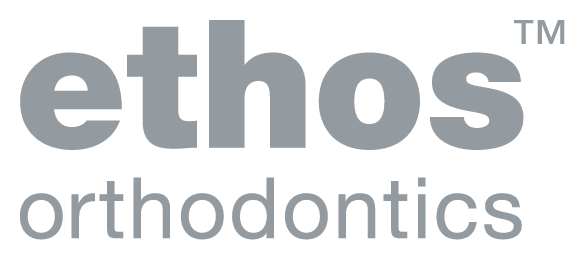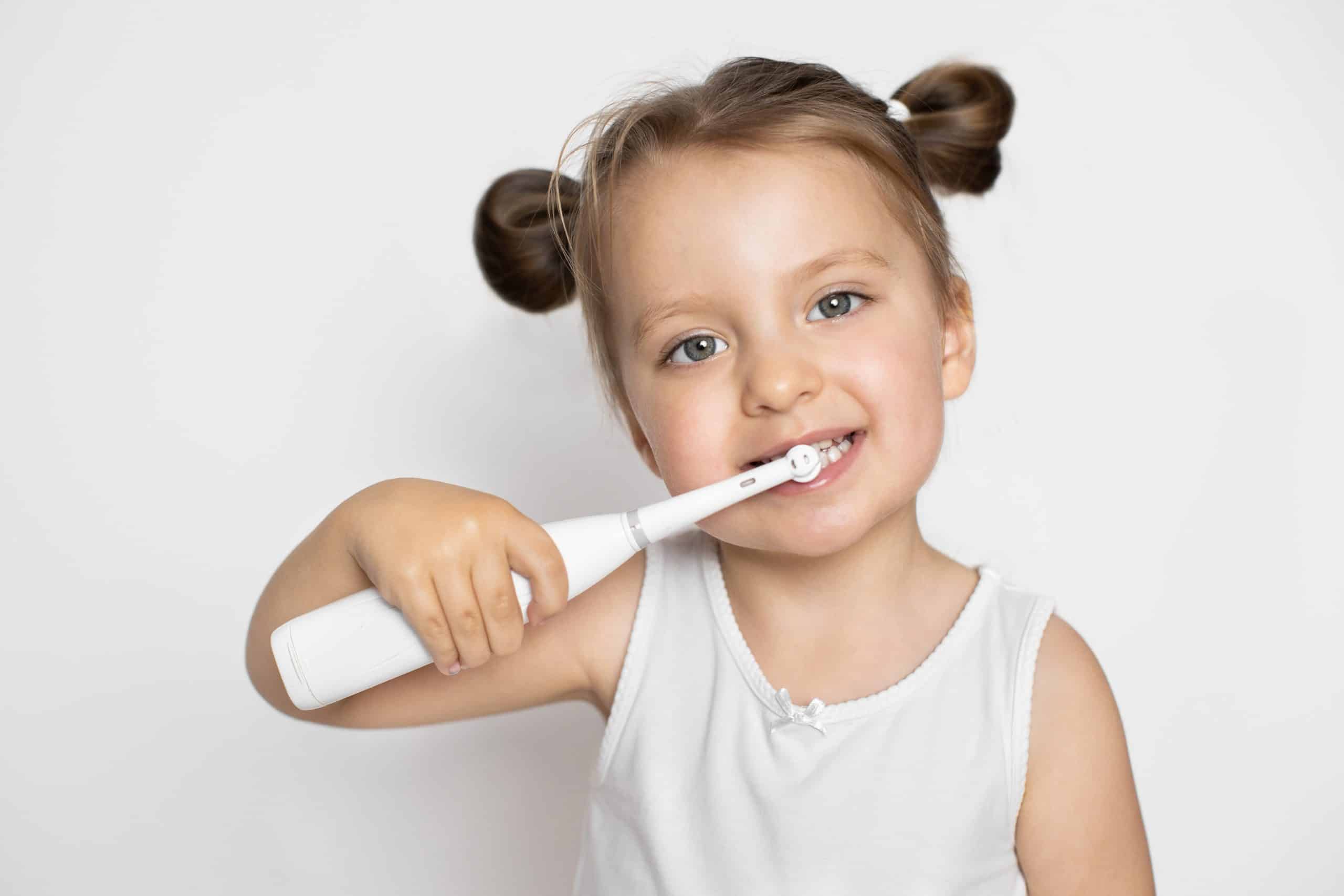Brushing your teeth is something that you do (hopefully) twice a day. Whether you use an electric or manual toothbrush, there are pros and cons. Ethos is here to help you understand which option may be more effective and easier for your teeth brushing habits.
The benefits of electric toothbrushes
Electric toothbrushes have rotating or vibrating bristles that help remove plaque build-up from teeth and gums. The vibrations allow for micro-movements every time you brush over your teeth, resulting in cleaner teeth and less plaque. A lot of electric toothbrushes also have built in timers, helping you to brush for the recommended two minutes. Some of the other benefits of electric toothbrushes include:
- More Effective Plaque Removal. Toothbrushes with oscillating or vibrating brush heads allow for a more effective clean, getting into every corner of your smile. They are also helpful for people wearing braces as they can make brushing easier by getting plaque out of hard-to-reach places.
- Easier For People With Decreased Mobility. Manual toothbrushes require a lot more effort and movement compared to electric ones. Therefore, using an electric toothbrush helps those with decreased mobility get an effective clean.
- Less Waste. After three to four months, it’s time to swap out your toothbrush head. By this time, the bristles are rundown and frayed, resulting in less effective cleaning. With an electric toothbrush, you only need to replace the brush head rather than the entire toothbrush like you do with a manual one, creating less waste overall.
The cons of electric toothbrushes
The biggest disadvantage of using an electric toothbrush is the price tag. Electric toothbrushes can be expensive with prices often reaching over $100. Plus, the brush heads range from $20 to $50 each, meaning they are quite an investment. Although they have many advantages, when purchasing an electric toothbrush, you must be prepared to invest more money for one upfront.
Manual toothbrush benefits
Manual toothbrushes are much more cost-effective compared to electric toothbrushes, with most costing less than $5. These toothbrushes are also very easy to find and are stocked in most grocery stores and pharmacies. They can be used anywhere at any time without worrying about bringing extra accessories with you, including batteries and chargers.
Manual toothbrush cons
Some studies have found that people tend to brush their teeth too hard when using a manual toothbrush. It is important to brush your teeth correctly and carefully to ensure you are not damaging your teeth and gums. Manual toothbrushes also do not have built-in timers like most electric toothbrushes, so when brushing your teeth you may not brush for long enough. If you have a manual toothbrush but want to make sure you’re brushing for long enough, the SmileSeeker app has a great brushing timer feature.
Tips to help you choose the right toothbrush
- Pick a toothbrush that is the right size for your mouth
- Avoid tough bristles that may irritate your gums and opt for soft multi-level or angled bristles to ensure all parts of your teeth get brushed properly
- Use fluoride toothpaste to help keep your teeth strong and healthy
- Brush for two minutes twice a day
- Store your toothbrush upright to air dry
- Floss once per day
Do you have more questions?
Can’t decide which toothbrush is for you? Our Ethos team is here to help you with any questions you have about dental care. Reach out to our friendly team today for more information!




